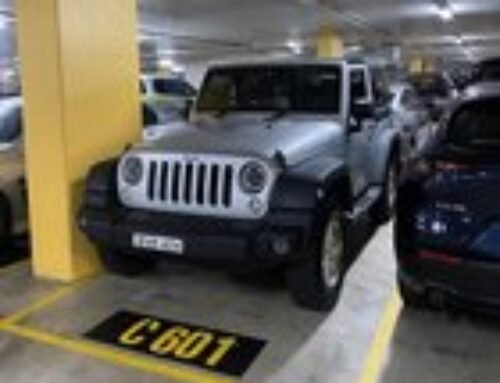Big brands that are slow to adapt to electrification could succumb too.
Ford has been hard at work accelerating its electric strategy with exciting new vehicles beyond just the current Mustang Mach-E and F-150 Lightning. This is proving to be a challenge for all automakers as they aim to achieve the same goals, and Ford CEO Jim Farley foresees some big changes coming as a result of these shared goals. For some, that will mean benefits, while for others it will mean potentially closing shop. Speaking at the Bernstein 38th Annual Strategic Decisions Conference earlier this month, the CEO revealed his predictions for the industry as it undergoes a fundamental, transformative change towards full-scale electrification.
“The old OEMS absolutely will get consolidated,” said Farley, possibly in reference to struggling brands like Lincoln and GM’s Buick. “There’ll be some big winners. Some people [will like] that transition, some won’t. Many of the small players cannot afford to make this transition. Many of them are not investing in embedded software and electric architectures, which is the heart of this transition. It’s not motors and gearbox, it’s gateway modules and software that controls the vehicle.”
With these comments in mind, it’s not unreasonable to imagine that big names like Ford could finance the investment towards these modules and software and make the money back by leasing the tech to smaller automakers. Farley also noted that legacy automakers that are slow to embrace electrification could die out too.
 CarBuzz
CarBuzz
 CarBuzz
CarBuzz


In addition, these big companies could find opportunities to grab innovative ideas from struggling automakers. For example, if Rivian’s stock price continues to tumble to the point that it desperately needs a lifeline, Ford could buy the fledgling automaker outright and then repurpose its ideas in new Fords. This could be the potentially unlikeable outcome for smaller companies that Farley refers to.
Another angle to take is that, since everybody will be working to achieve roughly the same goals, big brands could work with other big brands. We’ve already seen that Ford and Volkswagen are working together, the Blue Oval has made it possible to charge a Tesla using its F-150 Lightning, and the Dearborn-based automaker shares a supplier with BMW. The next decade is going to be a very interesting one.
 CarBuzz
CarBuzz
 CarBuzz
CarBuzz





